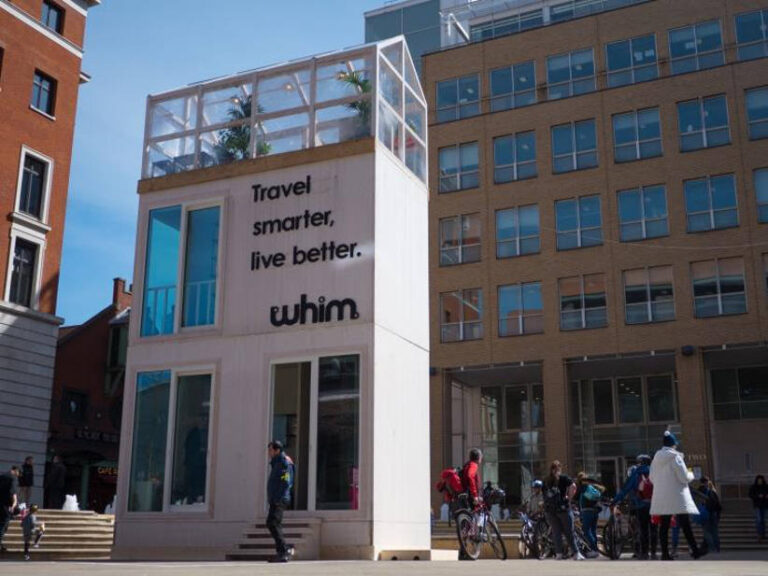Max Wang, an architect of the RACV’s multi-model journey planning app Arevo, talks to Fleet News Group’s Caroline Falls for this podcast linked here about MaaS, or mobility as a service, and how it can help fleets meet sustainability goals.
For a lesson 101 on MaaS, Wang, now Senior Product Manager at Intelematics, a pioneer Australian telematics group and a unit of RACV, the royal automobile club of Victoria, said the term MaaS really refers to this idea of making transport as easy, accessible, and sustainable as possible.
He said to think of it as the Netflix of transport. “It’s effectively being able to wrap up a bunch of different modes of transport from a bunch of different transport providers into what you might consider a package, or a monthly subscription. You might get an allocation of free public transport, 10 taxi rides, a number of e-scooter rides, and that might cost you something like 200 euro per month.”
Wang used euro for the denomination as Europe is where the whole MaaS concept — a business model where various transport modes are incorporated into one platform — was born. The founding organisation Finland-based MaaS Global, created the first commercially available such model. It’s called Whim and was piloted in Helsinki in 2016, then fully launched in 2017.
“Since then it’s really propagated throughout the globe,” said Wang. He agreed with a car sharing group Go-Get statistic I heard a few years ago that one Go-Get subscription reduces the car parc by 10 vehicles.
Whim has made the sustainability point by building a tiny house on a footprint the size of a car parking space — or about 2.5 metres by 5 metres. It sits in a busy Helsinki plaza for all who see it to realise MaaS is more environmentally friendly than private vehicle ownership.
Wang said that as time’s gone on, MaaS as a term is not strictly only applying to models like Whim, but that is is often used interchangeably with mobility in general, and can include things like e-scooters, car sharing, ride hailing, and all sorts of new transport types and modes.
Wang said Covid has disrupted take up of MaaS as people traveled less and when they did they reverted back to private vehicles for hygiene and safety reasons. But he is confident that it’s taking off again, especially in selected areas like e-scooters.
He said RACV developed its arevo app after it started looking into how it could better service the general public and members and customers with the goal of moving around — a wider goal than helping private vehicle owners.
“We are very interested in this space.”






